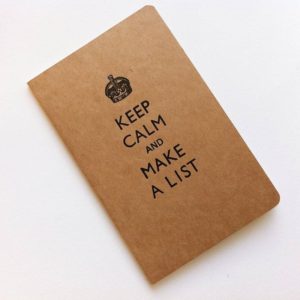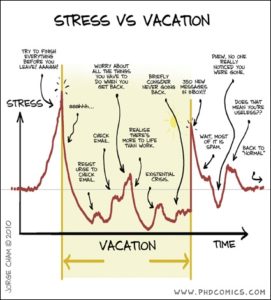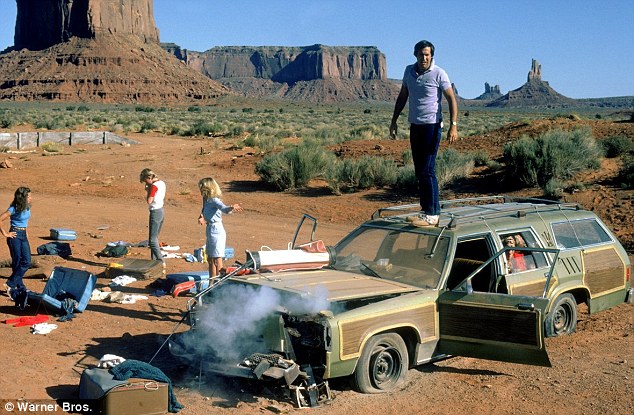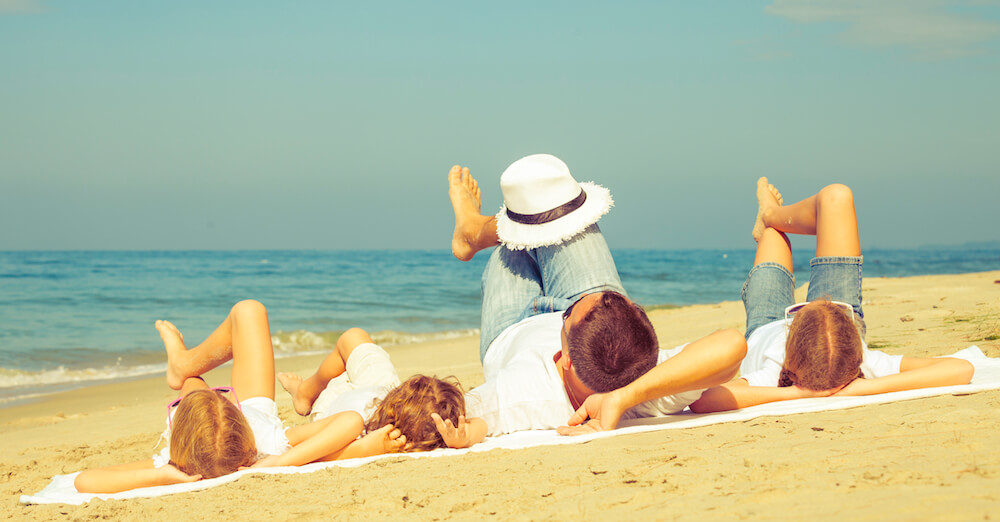Your Stress Free Vacation in 5 Steps or Less
Key: Relaxing vacations take purposeful preparation.
Living it: Make lists, buffers, boundaries and memories.
Clinical Concept: Blending Acceptance and Commitment Therapy ideology in a Solution-Focused Therapy framework to reduce vacation stress and anxiety.
“Taking Earned Time Off Is Source of Anxiety For 1 In 4 Americans, Survey Finds.”
– Huffington Post Travel Section Headline
How many of us are already nodding? That headline fits many of our lives. For some of us it’s the extra-hour lead up to time off, or it’s the dread of returning to a pile of catch-up work. For others, the vacation itself is stress provoking.
And yet, as a culture, we’re in dire need of it. Over 80% of Americans report that they’re stressed about their jobs, with an overwhelmingly “heavy workload” as a main cause and the “struggle to achieve a work-life balance” coming in a close second (Huffington Post, 2014).
Reducing vacations stress is the key to happiness, according to an Institute of Applied Positive Research study, since “most of the happiness gleaned from vacation is dependent upon the stress level of the vacation…and stressful vacations eliminate the positive benefit of time away. The less the stress, the more likely you will experience a positive benefit from the time off.”
Employing some of these five tips below will reduce our stress level on vacation, and since 94% of the study participants “had as much or more energy after coming back after a good trip,” we will be resilient enough to prevent future work stress, (Achor, 2014).
Make Lists
Organization is relaxation, as we’ve read before, because when we organize, plan and prepare for a venture we shift out of the worry center of our brain (Amygdala) and into the planning center (Prefrontal Cortex). Just switching gears reduces stress.
 Before the trip is set Forbes recommended scheduling the vacation around work to reduce stress “so that you’re not away during the final stages of a big project or right before a launch.” Once that vacation is on the calendar—let the listing begin!
Before the trip is set Forbes recommended scheduling the vacation around work to reduce stress “so that you’re not away during the final stages of a big project or right before a launch.” Once that vacation is on the calendar—let the listing begin!
Making lists will not only settle anxiety and reduce travel stress but “having a vacation planned can even boost feelings of happiness and well-being for up to eight weeks before the trip takes place,” because the planning increases the anticipation. (Huffington Post, 2013).
I believe we should take it one step further than the essential packing list for full stress reduction benefit, by making three lists. One for pre-vacation; for tidying up things at work, one for while on vacation (more on that below) and one for the return buffer day.
What’s a buffer day?
Build a Buffer
Once I traveled with a person who planned to pack their work clothes, fly into the airport near their office and work from the very moment they landed to squeeze the most from a vacation trip. The result? A call at lunch that said they were planning to sleep through their break to prevent bursting into tears at their desk.
A buffer day is simply that; a no-travel day at home prior to returning to the work week and the stress that often ensues. On the surface it’s a day for unpacking, sleep, laundry, groceries or quality time with all the shows that hit the DVR while we were gone. Under the surface a buffer day is a day to regain emotional equilibrium, make mental adjustments and preparation for returning to work, including the downtime to reflect on and internalize an awesome vacation while getting some actual physical rest—since most vacations are active. This is where the post-vacation list comes in. We make a list of that which will restore us, then enjoy checking them off. If the list says “stay in pajamas all day” then we check it off and be proud of it. Neurologically speaking we will get a similar burst of oxytocin checking off our PJ accomplishment as we would for finishing a work task, so let’s do it!
Make it Personal
 We love our families and friends and we value our jobs and with that in mind it is our responsibility to set realistic boundaries which foster the self-nurturing that is key to keeping us an enjoyable and employable human, not a stress monster.
We love our families and friends and we value our jobs and with that in mind it is our responsibility to set realistic boundaries which foster the self-nurturing that is key to keeping us an enjoyable and employable human, not a stress monster.
I had to laugh when I read the recommendation of “reminding your boss that you’ll be out in the weeks leading up to your trip” because we’ve all been there. Vacation approval calendars are set up so many months in advance that bosses forget and are shocked to remember that you—the best employee ever—could possibly be on vacation in the midst of this random and unexpected crisis of the month. The article sagely advises setting the firm vacation boundary with your boss and “establishing ground rules about how often you’ll be checking email and whether you’ll be available for calls while you’re gone can help minimize unneeded work stress during your trip” (Huffington Post, 2013). While some bosses may see this as poor prioritization, those worth working for will understand that a work-free vacation makes for a better employee. Achor noted that many other countries mandate up to a month of paid vacation for just this economic benefit—some even offer an increased pay rate to cover travel expenses (2014).
Budget for Relaxation
Second to work-related stress, money management is the largest drain of vacation relaxation. If left unchecked, financial anxiety can start before the flight is booked and may linger long after, in the form of debt. A vacation task “love/hate” list goes a long way in helping individuals and families make sure that the money spent on a restorative time actually becomes invested in ourselves. Focusing on the personal enjoyment or stress-reduction value in each purchase ensures maximum relaxation while on vacation which will last as long as possible upon return. Thus, we go into vacation preparation knowing ourselves, being comfortable with what we need and making sure the money is there before hand. If planning the trip is a stressor then a travel agent is a worthwhile budget item. Dreading that drive home from the airport? Perhaps a car service—which may seem extravagance to some—will ensure that your stress remains low to get you to that buffer day. In effect, even a seemingly expensive investment can actually lower stress and over-all vacation spending since the less stress we have on vacation, the less likely we are to impulse buy in a vain attempt to relieve it.
Put Down the Camera…Sometimes
The research is clear; the more in-the-moment we are, the more relaxed we become. It makes sense to want to snap a pic or a video when the perfect moment happens—but how much are we then experiencing that perfect moment? Are we part of it, or are we outside of it, documenting its passing? Many studies have shown that looking at a peaceful or a joyful memory can increase positive emotions and relaxed brain chemistry. There is plenty of discussion around the chicken-and-egg relationship between mentally reflecting on the memory triggering the relaxation, rather than the image itself. There are some moments that are just better spent being fully immersed in to later reminisce upon in our heads not our photo galleries.
Today is the day to craft a stress-free, restorative vacation that is a memory-rich a well to dip in whenever we need an emotional boost. It’s never too late, even if you’re reading this while on vacation. Go purposefully, with balance, boundaries and a personal sense of value. Most of all, as Achor (2014) advises, drink it in mindfully since “a positive, well-managed vacation can make you happier and less stressed, and you can return with more energy at work and with more meaning in your life.”
__________________________________________________
Achor, S. (2014) When a Vacation Reduces Stress — And When It Doesn’t. Harvard Business Review. Retrieved From: https://hbr.org/2014/02/when-a-vacation-reduces-stress-and-when-it-doesnt
Travel (2013) Vacation Stress: Taking Earned Time Off Is Source Of Anxiety For 1 In 4 Americans, Survey Finds. Huffington Post. Retrieved from: https://www.huffingtonpost.com/2013/05/24/vacation-stress-taking-ea_n_3331180.html



 Previous Post
Previous Post Next Post
Next Post